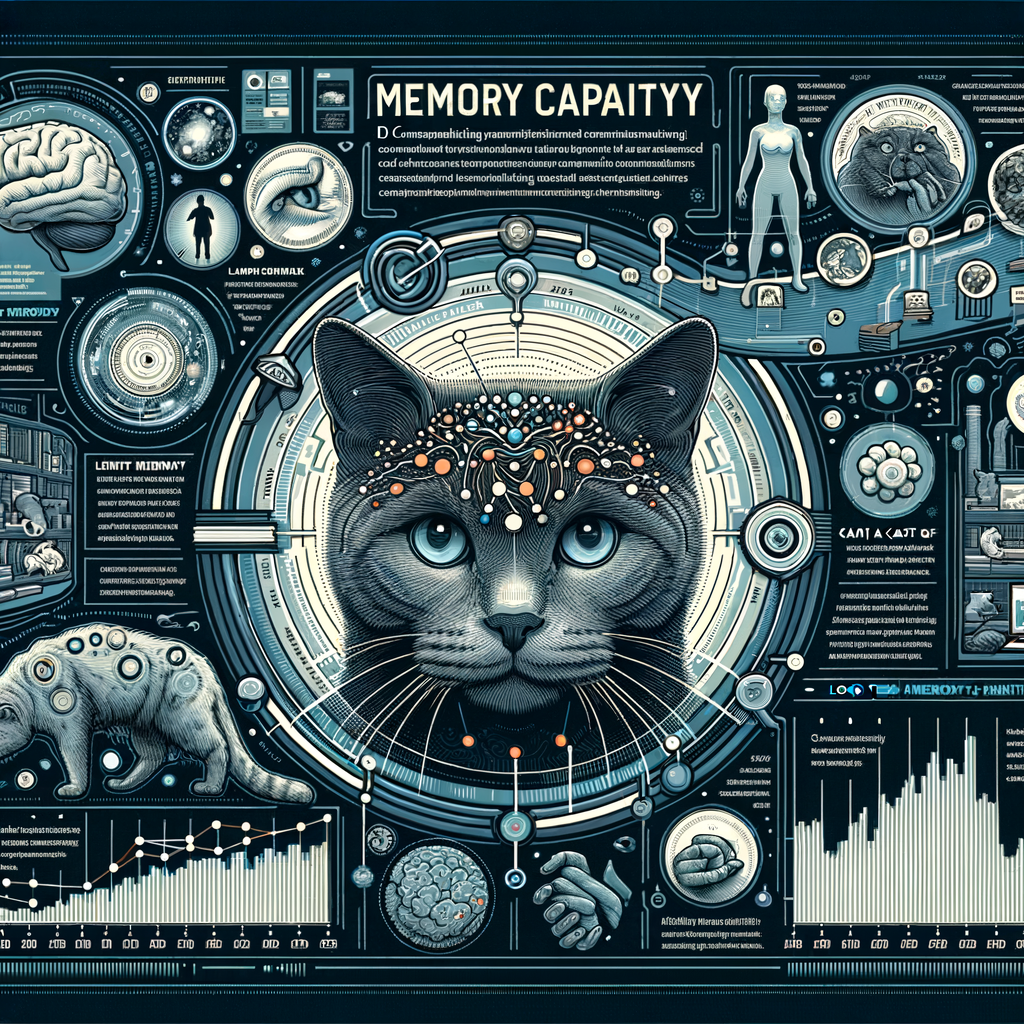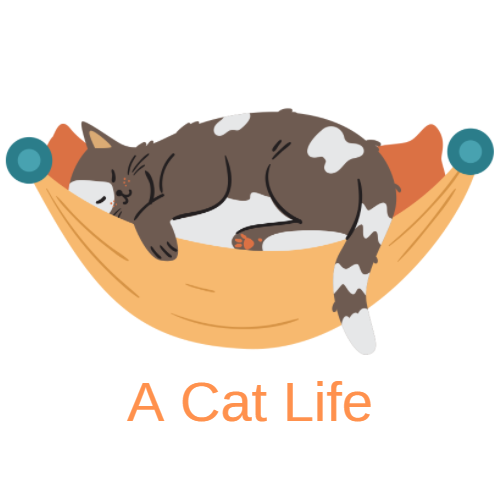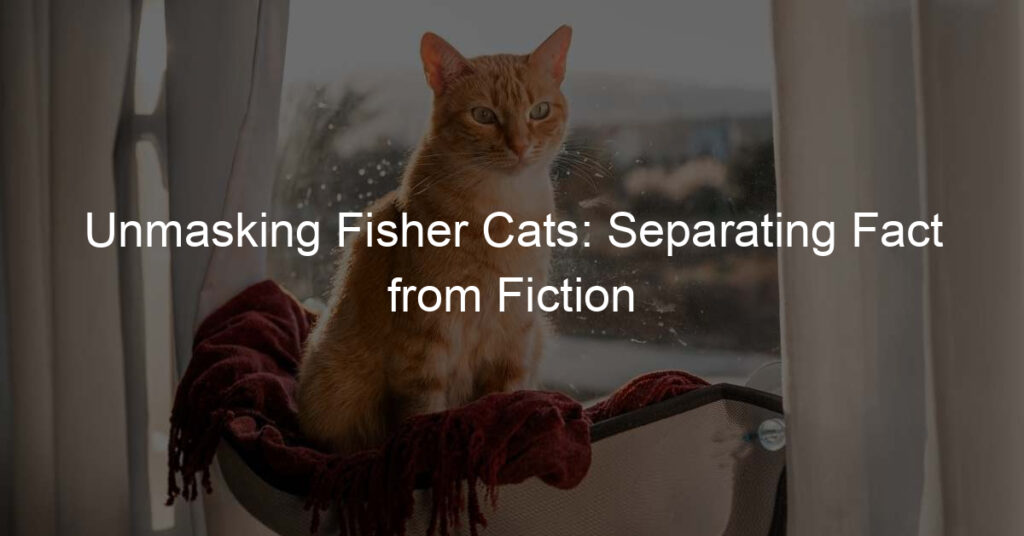
Introduction: Understanding Cat Memory
Have you ever wondered how your feline friend remembers where you hide their favorite toy or how they know when it’s mealtime? This is all thanks to their memory. In this blog post, we will delve into the fascinating world of cat memory.
- Defining the concept of memory in cats
- Importance of studying feline memory capacity
Memory in cats, just like in humans, is the ability to store, retain, and recall information and experiences. Cats have two types of memory: short-term and long-term. Short-term memory is temporary and lasts only a few minutes. It’s like a quick note to themselves about something important happening right now. Long-term memory, on the other hand, is more permanent and can last for years. This is how your cat remembers their favorite hiding spots or the sound of your car pulling into the driveway.
Understanding a cat’s memory capacity is crucial for several reasons. Firstly, it helps us better comprehend their behavior and needs, making us better pet owners. Secondly, studying feline memory can provide insights into memory-related diseases in cats, such as cognitive dysfunction syndrome, similar to Alzheimer’s in humans. Lastly, cats’ memory processes can also offer valuable insights into human memory, contributing to advancements in neuroscience.
In the following sections, we will explore more about the span of cat memory, how they recall information, and the latest research in this field. So, stay tuned to unravel the mysteries of cat memory!
Exploring Cat Memory Span
One of the most fascinating aspects of our feline friends is their memory span. Cats, like humans, have both short-term and long-term memory. In this section, we will delve into the intriguing world of a cat’s short-term memory.
Short-term Memory in Cats
Short-term memory, also known as working memory, is the ability to remember and process information over short periods. In cats, this type of memory is used for immediate tasks and activities.
- Definition and examples of short-term memory in cats
- How short-term memory affects a cat’s daily life
Short-term memory in cats is what they use to remember where they’ve left their toys, the location of their food bowl, or the path they took to their favorite hiding spot. For instance, if you’ve ever noticed your cat running to the kitchen at the sound of a can opener, that’s short-term memory at work!
Short-term memory plays a vital role in a cat’s daily life. It helps them navigate their environment, avoid danger, and find food and water. It also enables them to remember their interactions with other animals and humans, which is crucial for their social behavior. For example, a cat might remember that a particular person gives them treats, leading to a positive association and behavior towards that person.
In conclusion, a cat’s short-term memory is a crucial part of their cognitive function, affecting their daily activities and interactions. Understanding it can help us better care for our feline companions and appreciate their complex mental processes.
Long-term Memory in Cats
As we delve deeper into the fascinating world of cat memory, it’s essential to understand the concept of long-term memory in our feline friends. Long-term memory refers to the storage of information over an extended period. For cats, this could range from a few days to several years.
- Understanding long-term memory in cats
- Examples of long-term memory in cats
Long-term memory in cats is a fascinating subject. It’s this type of memory that enables cats to remember their owners, even after long periods of separation. It’s also responsible for their ability to recall the location of their food dish, litter box, and favorite hiding spots. Cats use their long-term memory to learn from past experiences and apply this knowledge to future situations. For instance, if a cat has a negative experience with a specific type of food, they may avoid it in the future, indicating a functioning long-term memory.
There are many examples that illustrate the long-term memory capabilities of cats. One of the most common is their ability to recognize their owners after long periods of absence. A study conducted by the University of Lincoln found that cats could remember their owners’ faces and voices for several years. Another example is their ability to remember the location of their food dish and litter box. Cats can also remember the layout of their home, even if they’ve been away for a while. These examples highlight the impressive long-term memory capabilities of our feline friends.
In conclusion, long-term memory in cats is a complex and fascinating subject. It plays a crucial role in their ability to navigate their environment, recognize their owners, and learn from past experiences. As we continue to explore the mysteries of cat memory, we can better understand and appreciate the cognitive abilities of these remarkable creatures.
How Cats Remember: Memory Recall in Felines
Have you ever wondered how your feline friend remembers where you’ve hidden their favorite toy or how they know when it’s time for dinner? Cats have a fascinating memory recall system that allows them to remember important information. Let’s delve into the process of recall in cats and the factors that influence it.
Cats and Memory: The Process of Recall
Memory recall in cats is a fascinating process that involves two main steps. Let’s explore these steps in detail.
- How Cats Recall Information
- Factors That Influence Cat Memory Recall
Cats, like humans, have both short-term and long-term memory. Short-term memory, also known as working memory, allows cats to remember immediate events, like the location of a toy. On the other hand, long-term memory helps cats remember experiences and events over a longer period. For instance, they can remember their owner’s face or the location of their food bowl.
Several factors can influence a cat’s memory recall. These include the cat’s age, health, and the significance of the memory. For example, older cats may have a harder time recalling information due to age-related cognitive decline. Similarly, a cat’s health can impact their memory. Cats with health issues may struggle with memory recall. Lastly, the significance of the memory plays a role. Cats are more likely to remember events that have a strong emotional impact, such as a traumatic experience or a particularly enjoyable play session.
In conclusion, understanding how cats remember can help us better care for our feline friends. By recognizing the factors that influence their memory recall, we can create an environment that supports their cognitive health.
Memory Retention in Cats: How Long Can They Remember?
One of the most fascinating aspects of feline behavior is their memory retention. Cats, like humans, have both short-term and long-term memory. But how long can they remember? Let’s delve into this intriguing topic.
Case Studies on Cat Memory Retention
There have been several case studies conducted to understand the depth and duration of a cat’s memory. Let’s take a look at two of these studies.
- Case study 1: Cats remembering past events
In a study conducted by animal behaviorists, it was observed that cats could remember past events. The cats were trained to perform a specific task. After a few months, the same task was presented to them, and astonishingly, most of the cats were able to perform the task, indicating that they remembered the event.
- Case study 2: Long-term memory retention in cats
Another study focused on long-term memory retention in cats. The researchers found that cats could remember their owners even after being separated for several years. This finding suggests that cats have a long-term memory span, and they can remember people and events for a long time.
These case studies provide compelling evidence of the impressive memory retention capabilities of cats. However, more research is needed to fully understand the complexities of feline memory.
Remember, every cat is unique, and their memory retention can vary. But one thing is clear: our feline friends are more than capable of remembering past events and people who have been important in their lives.
Advancements in Cat Memory Research
As our understanding of feline cognition continues to grow, so too does the field of cat memory research. Recent advancements have provided fascinating insights into the workings of a cat’s mind, shedding light on their memory capacity and recall abilities.
Current Research on Feline Memory Capacity
Modern research has been instrumental in expanding our knowledge of feline memory. Let’s delve into some of the most recent findings and how they’re helping us understand cat memory better.
- Recent findings on cat memory span
- How research is helping to understand cat memory
Recent studies have shown that cats have a longer memory span than previously thought. It was once believed that cats could only remember information for a few minutes. However, new research suggests that cats can remember certain information for up to 10 years, especially if it’s related to their survival or well-being. This discovery has significantly changed our understanding of feline memory and cognition.
Research into cat memory is not only revealing the extent of their memory span but also the types of memories they can form. For instance, studies have shown that cats can form both short-term and long-term memories, similar to humans. They can also remember spatial information, such as the location of their food bowl or litter box. This research is helping us understand how cats perceive and interact with their environment, providing valuable insights into their behavior and cognition.
These advancements in cat memory research are not only fascinating but also have practical implications. For instance, understanding a cat’s memory can help pet owners and veterinarians manage behavioral issues and improve the welfare of cats. As research continues, we can look forward to even more insights into the mysterious world of feline memory.
Key Takeaways: What We Know About Cat Memory
After delving into the fascinating world of feline memory, we’ve gathered some important insights. These key takeaways not only shed light on how cats remember, but also provide valuable information for cat owners and veterinarians. Let’s summarize what we’ve learned.
- Summary of Findings on Feline Memory Capacity
- Implications for Cat Owners and Veterinarians
Cats have a remarkable memory capacity. Studies have shown that they can remember important people, places, and events for years. This is due to their associative memory, which links significant experiences with emotions or rewards. For example, if a cat associates a particular sound with mealtime, they will remember and respond to that sound even after a long time. However, their memory is selective. They tend to remember what benefits them and forget what doesn’t.
Understanding cat memory has several implications. For cat owners, it means that positive reinforcement is an effective training method. Rewarding good behavior will make it more likely to be remembered and repeated. On the other hand, negative experiences can also leave a lasting impression, so it’s important to avoid causing fear or stress. For veterinarians, this knowledge can help in diagnosing and treating behavioral issues. If a cat is acting out, it could be due to a negative memory. Therefore, it’s crucial to consider a cat’s past experiences when addressing their behavior.
In conclusion, cat memory is a complex and intriguing subject. By understanding how cats remember, we can better care for them and enhance their quality of life. As research continues, we look forward to uncovering more about the mysteries of feline memory.
Conclusion: Unraveling the Mysteries of Cat Memory
As we conclude our exploration into the fascinating world of feline cognition, it’s clear that understanding cat memory is not just a curiosity, but a necessity. It’s a key to unlocking the secrets of their behavior and improving our relationships with our furry friends.
- Recap of the importance of understanding cat memory
- Future directions for research on cat memory recall and retention
Throughout this article, we’ve delved into the intricacies of cat memory. We’ve learned that cats have a remarkable ability to remember, with a memory span that can rival even that of dogs. They use their memory to navigate their environment, recognize their owners, and even perform tricks. Understanding cat memory is crucial for pet owners, as it can help us better cater to our cats’ needs and strengthen our bond with them. Moreover, it can also provide insights into the cognitive abilities of animals in general, contributing to our broader understanding of memory and cognition.
Despite the strides we’ve made in understanding cat memory, there’s still much we don’t know. Future research could focus on further exploring the extent and limits of cat memory recall and retention. For instance, how do cats’ memories change as they age? What factors influence their ability to remember? How can we enhance their memory retention? Answering these questions could not only deepen our understanding of cat memory, but also pave the way for advancements in animal cognition research and pet care practices.
In conclusion, the mysteries of cat memory are slowly but surely being unraveled. As we continue to learn more, we can look forward to a future where we can better understand and cater to our feline friends, enhancing their lives and our relationships with them.








